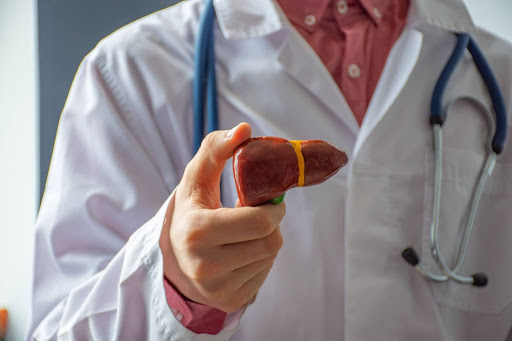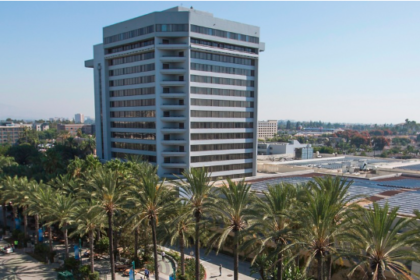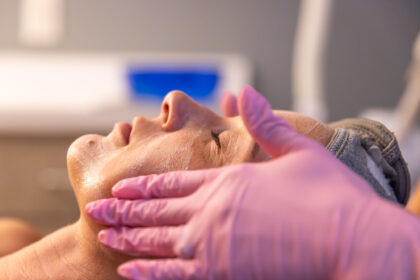Gallbladder removal is a common surgical procedure. When you experience symptoms like gallstones, your doctor might recommend this surgery. A consultation is the first step in this process, helping you understand what to expect. Here are some things to expect during your consultation for gallbladder removal:
Complete an Examination
Consultations usually begin with a thorough examination to help the healthcare team understand your symptoms and overall health status. The physician will review your:
- Medical history: They pay attention to any prior abdominal surgeries, ongoing health conditions, and allergies you may have.
- Symptoms: The duration, severity, and frequency of your symptoms, such as pain after eating, nausea, or digestive changes, can provide insight into your condition.
- Lifestyle: The provider may also ask about factors that worsen or improve your discomfort, giving them more context about your daily experience.
During the physical exam, your healthcare provider will gently press on specific areas of your abdomen. This helps them identify tenderness, swelling, or other signs related to gallbladder issues. Observing your reactions during this process helps to pinpoint the source of your symptoms.
Get Diagnostic Tests
Many consultations also include diagnostic tests to gather further details about your gallbladder and surrounding organs. An abdominal ultrasound offers noninvasive imaging to detect gallstones, inflammation, or blockages in the bile ducts. It is a quick test and typically does not require preparation. Blood tests help the healthcare team detect signs of infection, abnormal liver enzymes, or issues with bile flow. For some patients, additional imaging tests may be necessary to catch hidden complications.
Discuss the Procedure
Once your condition is confirmed, your surgeon will walk you through the gallbladder removal process. This discussion covers the surgery, anesthesia, what to expect during recovery, and potential complications. For many patients, the laparoscopic method is recommended due to its small incisions and shorter recovery time. During this conversation, you will have an opportunity to ask questions about your case. Some patients are interested in learning about activity restrictions after surgery, while others are concerned about pain management or dietary adjustments.
Receive Pre- and Post-Surgery Guidance
Preparation plays a large role in the surgical process, and your care team will provide step-by-step instructions for both before and after surgery. Pre-operative guidance may include fasting after midnight before your operation, adjusting your medication schedule, or arranging for a family member or friend to drive you home. You may also receive advice on hydration and what personal items to bring on the day of surgery.
After the procedure, your team will provide instructions to help you recover. Topics typically include wound care, signs of complications to watch for, gradually returning to normal activities, and dietary tips. Many people are advised to eat smaller, low-fat meals as they adjust to life without a gallbladder.
Schedule Gallbladder Removal Today
At the end of your consultation, your healthcare team will help you finalize the next steps. You will select a surgery date that fits your needs and ask follow-up questions about before, during, and after your procedure. Thorough preparation, combined with professional guidance, supports you throughout the gallbladder removal process. Contact a general surgery clinic today to learn more about the procedure.









